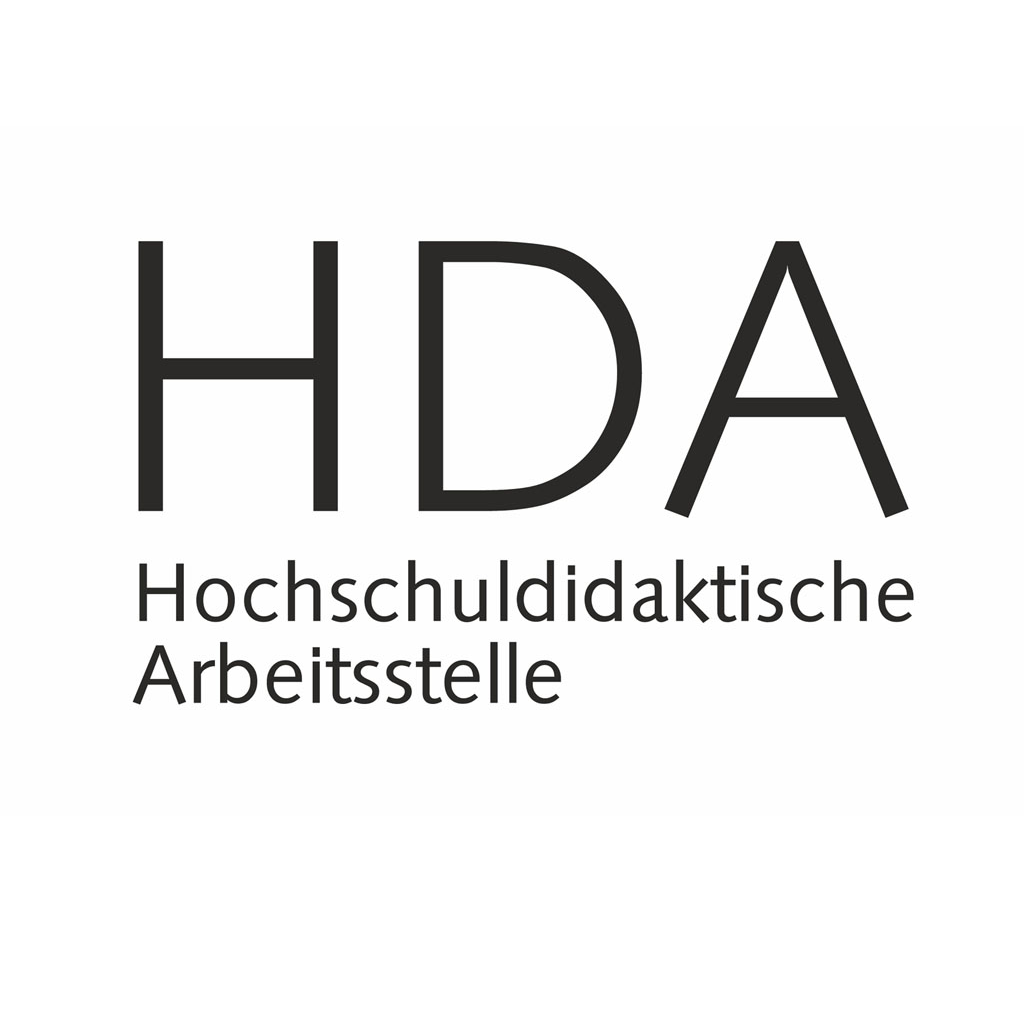Why you should use the opportunity for dialogue with students
By giving feedback, you are signalling to your students that their feedback is taken seriously and that they can make a difference. You show the students that you value their effort and that you critically consider the feedback.
This not only increases students' willingness to participate in course evaluations in the future, but can also strengthen their sense of responsibility when participating in evaluations.
For teachers, dialogue with students offers a valuable opportunity to gain detailed and revealing insights as well as additions to their teaching evaluation results with impulses for improvement in teaching and learning.

